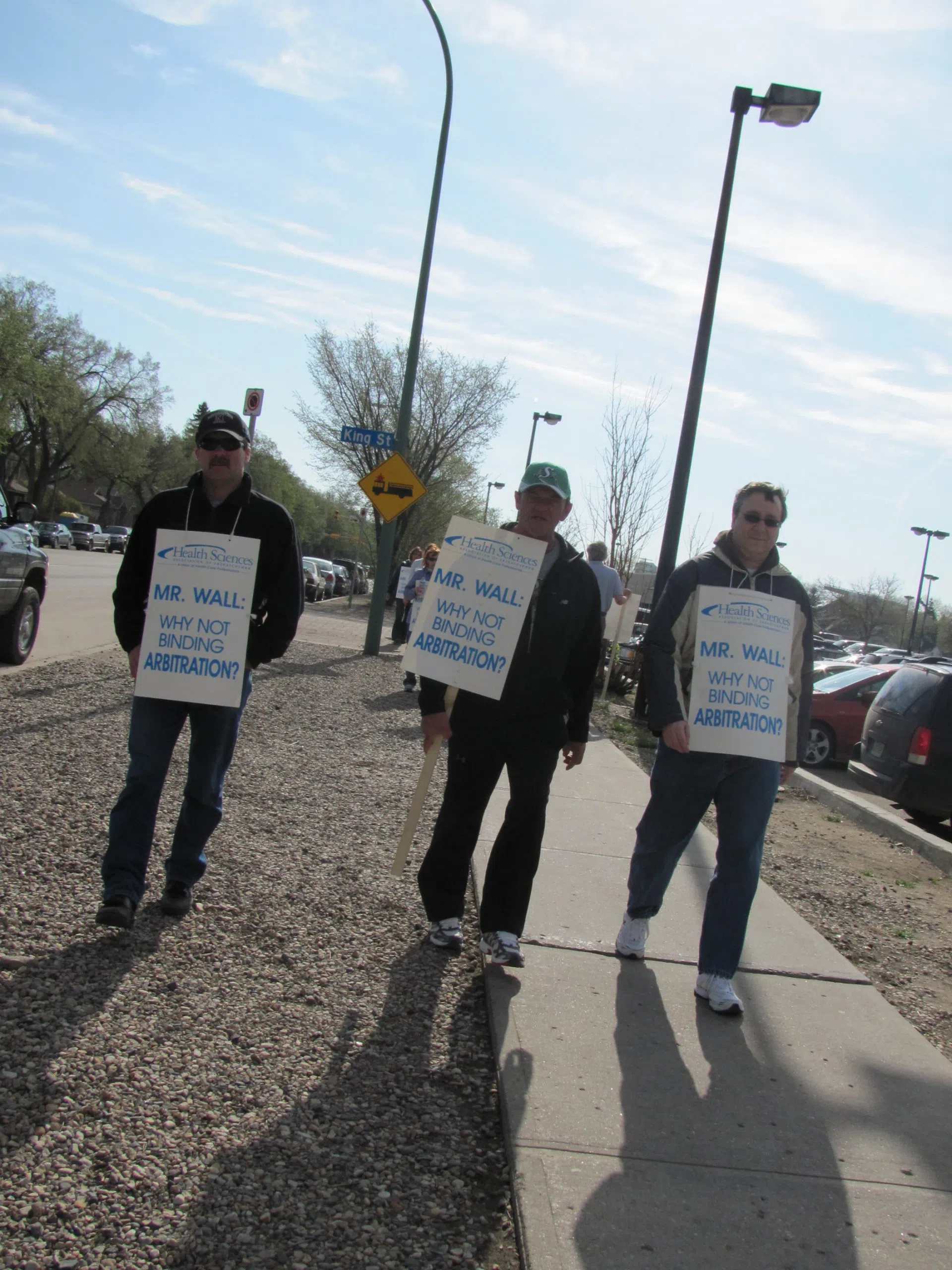
TIMELINE: Essential services law in Saskatchewan
The Supreme Court of Canada has struck down a Saskatchewan law that prevents public sector employees from striking on the grounds it violates the Charter right to freedom of association.
Here’s a timeline to explain how it started:
1999- The government pushed through Bill 23, ordering nurses back to work just shortly after they hit the picket line. Thousands of nurses held a rally where they voted to keep striking. They continued to strike despite a court injunction from the Court of Queen’s Bench that stated they could be held in contempt of court if they didn’t go back to work. SUN provided emergency services during the provincewide strike. The strike ended on April 18, 1999 when the Saskatchewan Union of Nurses reached an agreement with the government.
Late 2006 and early 2007- Highway workers and correctional officers walk off the job after a labour dispute between Saskatchewan Government Employees Union (SGEU) and the government. Workers returned to work to deal with a looming winter storm.


